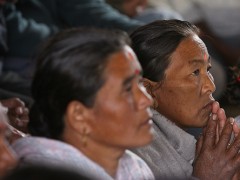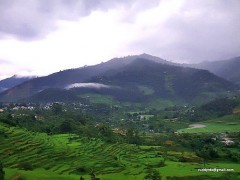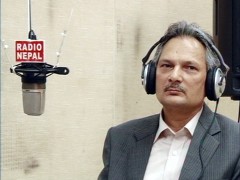-

Nepal’s Mental Health Gap
Health care is still a privilege in Nepal. Limited infrastructure and economic and social constraints combined with a lack of awareness force thousands of needy people to forego care. According to the World Bank, the country spends only 5.5% (up just 0.3% from 2007) of GDP on health care. Infectious diseases are […]
-

Nepal: Democracy and the Environment
Managing forests and conserving biodiversity is challenging for a developing nation; and democracy does not guarantee success. Peter Burnell even questions the assumption that democracies are better for sustainability: “Conventional wisdom maintains that democracies are better for environmentally sustainable development than non-democracies. But that conventional wisdom needs to be qualified: First, the “established” […]
-

Monsanto and Genetically Modified Food Insecurity
In Nepal, an announcement by the US Embassy on September 2011 that 20,000 farmers would be “trained” to use “hybrid” seeds from Monsanto, as part of a USAID aid strategy, met with a storm of protests from activists. Activists like Vandana Shiva have opposed the spread of genetically modified seeds in […]
-

Nepal: The Allure of Censorship
Last month, Maria Farooq discussed how the information revolution can be hijacked and used for unsavoury purposes. Yet it’s not only terrorists and criminals that take advantage of technology, some governments too are unfortunately also intent on subverting the revolution. The specter of censorship is a favourite discussion topic in online […]
-
Enabling life choice via financial and business education: aidha
This article was originally drafted by the Lee Kuan Yew School of Public Policy for Issue 14 of the newsletter “Asian Trends Monitoring Bulletin” as part of the Rockefeller Foundation’s Searchlight Process. For more Searchlight content on futurechallenges.org, please click here. “Without aidha, I would not have achieved the goals for my […]
